Dango: The emoji predicting app
Emojis are widely used among several social networking platforms. Choosing the right emoji can sometimes be a challenge. With Dango, the choices are generated for you. Thinking is no longer…
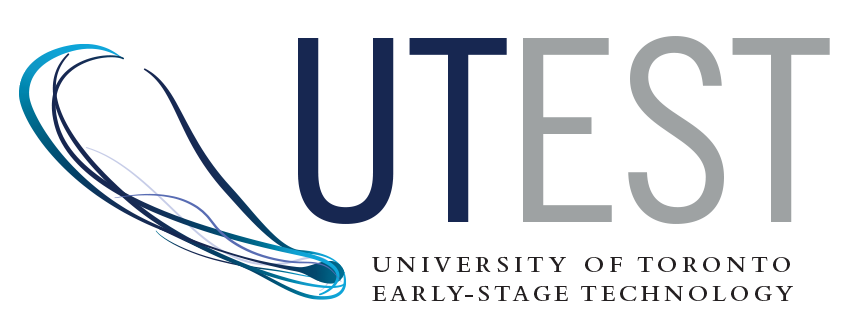 Sometimes there’s so much happening with the MaRS Innovation portfolio that it’s hard to stay on top of all the news. Here are a few UTEST program stories that we missed in February.
Sometimes there’s so much happening with the MaRS Innovation portfolio that it’s hard to stay on top of all the news. Here are a few UTEST program stories that we missed in February.
 UTEST company Nvest was featured in a Globe and Mail story, “Next big sector to face disruption? Financial services” by Brenda Bouw. Here’s a quote:
UTEST company Nvest was featured in a Globe and Mail story, “Next big sector to face disruption? Financial services” by Brenda Bouw. Here’s a quote:MaRS Innovation enjoyed an exceptional year in 2014. Our team continues to collaborate with researchers within our membership to help bridge the commercialization gap between their world-leading research and creating successful start-up companies or licenses.
Here are our picks for the top 10 news stories from MaRS Innovation’s portfolio.
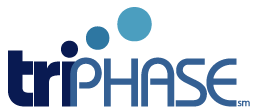 1. Triphase Accelerator Corporation, in which MaRS Innovation is an investor, started the year with a bang by signing a collaboration and option agreement with Celgene Corporation. In October, Triphase initiated a Phase I clinical study to evaluate marizomib in Glioblastoma (GBM) with Celgene, signed an agreement to provide Celgene with an option to acquire a new bi-specific antibody (licensed by Triphase from PharmAbcine) and closed the year by announcing that Triphase’s proteasome inhibitor, marizomib, demonstrates potent synergistic anti-multiple myeloma activity in combination with pomalidomide.
1. Triphase Accelerator Corporation, in which MaRS Innovation is an investor, started the year with a bang by signing a collaboration and option agreement with Celgene Corporation. In October, Triphase initiated a Phase I clinical study to evaluate marizomib in Glioblastoma (GBM) with Celgene, signed an agreement to provide Celgene with an option to acquire a new bi-specific antibody (licensed by Triphase from PharmAbcine) and closed the year by announcing that Triphase’s proteasome inhibitor, marizomib, demonstrates potent synergistic anti-multiple myeloma activity in combination with pomalidomide.
 2. Flybits Inc., spun out of Ryerson University, announced a $3.75 million Series A financing with Robert Bosch Venture Capital to advance its context-aware mobile experience platform. The company was also named a Red Herring Top 100 North America winner.
2. Flybits Inc., spun out of Ryerson University, announced a $3.75 million Series A financing with Robert Bosch Venture Capital to advance its context-aware mobile experience platform. The company was also named a Red Herring Top 100 North America winner.
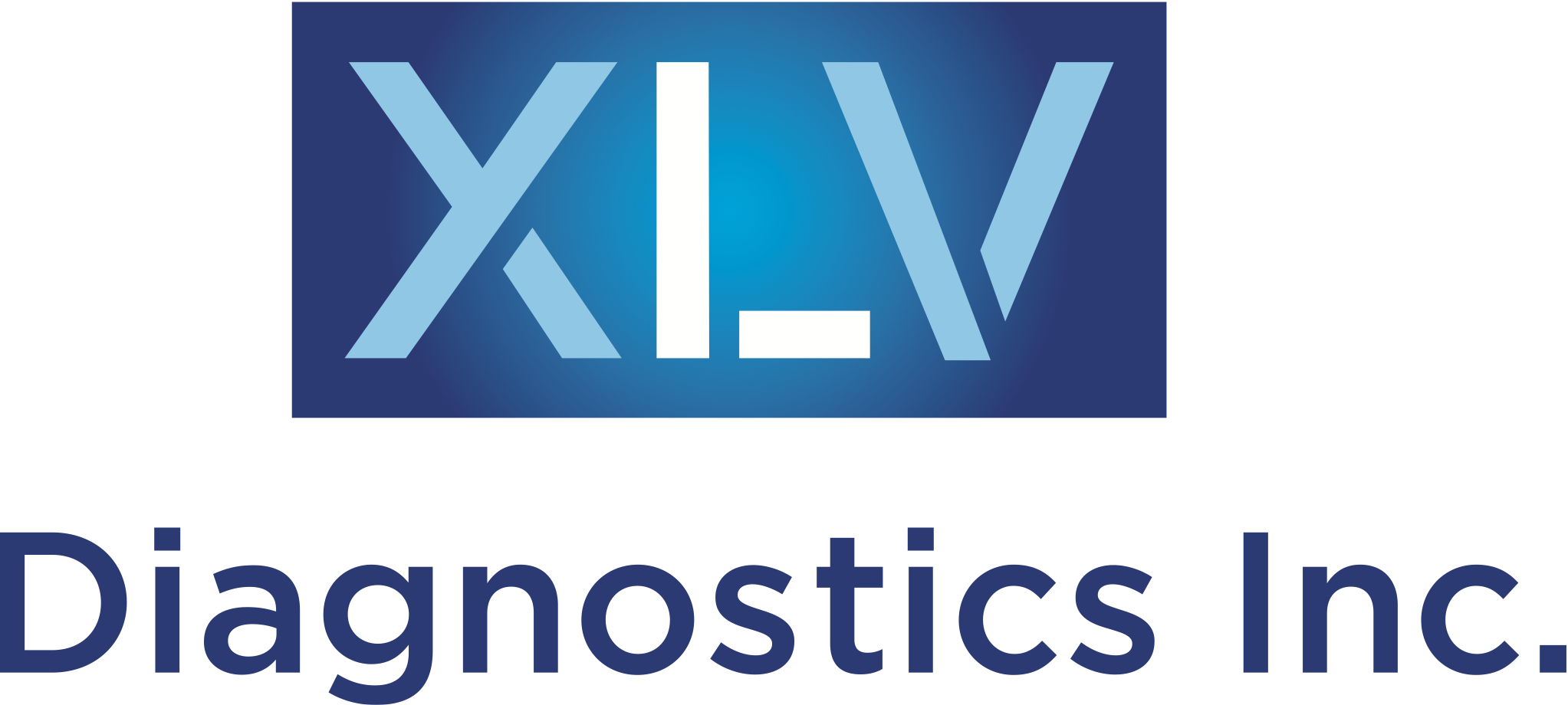 3. XLV Diagnostics Inc., spun out from Sunnybrook Health Sciences Centre and the Thunder Bay Regional Research Institute, secured a $3 million Series A investment round with Boston-based Bernard M. Gordon Unitrust. XLV’s product will provide mammography image quality equivalent to top-of-the-line mammography machines currently in use, and will do so at a fraction of the cost of current generation systems. The funding will support continued product development and regulatory approval.
3. XLV Diagnostics Inc., spun out from Sunnybrook Health Sciences Centre and the Thunder Bay Regional Research Institute, secured a $3 million Series A investment round with Boston-based Bernard M. Gordon Unitrust. XLV’s product will provide mammography image quality equivalent to top-of-the-line mammography machines currently in use, and will do so at a fraction of the cost of current generation systems. The funding will support continued product development and regulatory approval.
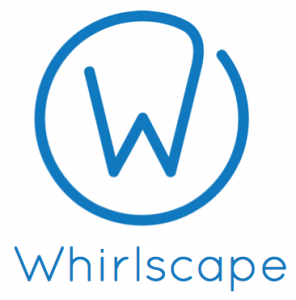 Whirlscape, makers of the Minuum keyboard, have developed a small, predictive keyboard for Will.i.am’s wearable Puls cuff. The company is a graduate of the UTEST program‘s first cohort.
Whirlscape, makers of the Minuum keyboard, have developed a small, predictive keyboard for Will.i.am’s wearable Puls cuff. The company is a graduate of the UTEST program‘s first cohort.
The Puls, announced by the musician and entrepreneur on Wednesday, October 15, 2014 at the Salesforce.com’s Dreamforce conference in San Francisco, is expected to be released in time for the 2014 holiday season.
The Puls announcement and Whirlscape’s involvement were covered by Mashable.
Mashable’s Karissa Bell describes how Whirlscape’s keyboard integrates with the Puls:
Puls uses a small predictive keyboard that fits in the very bottom section of the screen. The keyboard was developed by Minuum, the Y Combinator-backed company that has also developed keyboards for Android Wear and Google Glass.
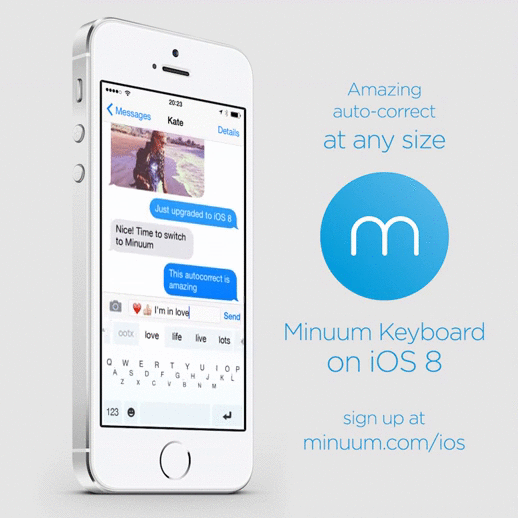 Whirlscape, graduates of the UTEST program, made tech headlines last week by releasing a teaser of Minuum, their one-line, mobile keyboard for wearable devices, running on an iPhone.
Whirlscape, graduates of the UTEST program, made tech headlines last week by releasing a teaser of Minuum, their one-line, mobile keyboard for wearable devices, running on an iPhone.
The announcement and teaser gif were covered in TechCrunch, SlashGear, MobileSyrup and AndroidGuys, among other tech outlets.
From input, the Minuum blog:
We’ve embraced the design philosophies of iOS to refine Minuum into an elegant typing experience centred around our incredibly powerful autocorrect.
 UTEST graduate Whirlscape, makers of the wearable, one-line Minuum keyboard, were recently featured on CBC’s Lang and O’Leary Exchange.
UTEST graduate Whirlscape, makers of the wearable, one-line Minuum keyboard, were recently featured on CBC’s Lang and O’Leary Exchange.
Minuum has also broken the 100 billion pixels mark in screen space saved for its users. Read about it on input, the Minuum blog.
Founder and CEO Will Walmsley was interviewed by Amanda Lang. The footage was also made available on CBC News, and was included in CBC’s weekly summary of the week’s top business stories. Watch the video.
Here’s an excerpt:
Typing on a smartphone is hard enough – imagine doing it on a smartwatch or other wearable device.
A Toronto startup called Minuum is trying to solve that problem with a tiny virtual keyboard.
It’s a downloadable app costing $3.99 that combines a tiny keyboard with a powerful autocorrect that helps you get the message out, no matter how you punch it.
[. . .]“What really drives us to work on this technology is the future potential it has. The core concept is a keyboard that is just one line of characters, which means if you can imagine typing on a line anywhere, that can be a keyboard,” he said.
 “Start-up culture is fast taking hold at U of T, with an array of incubators and accelerators providing student entrepreneurs the resources and mentorships required to get their businesses up and running,” writes Ameya Charnalia of The Varsity, the University of Toronto’s student newspaper.
“Start-up culture is fast taking hold at U of T, with an array of incubators and accelerators providing student entrepreneurs the resources and mentorships required to get their businesses up and running,” writes Ameya Charnalia of The Varsity, the University of Toronto’s student newspaper.
Charnalia’s article focuses on new student-focused incubators, such as the UTEST program, which provide entrepreneurs cash, access to in-house expertise, working space and mentorship to advice their ideas.
It appeared in the same week that recent UTEST graduate Whirlscape released a new demo video showing their Minuum keyboard technology running on a LG G watch, which is also an Android Wear device. The announcement was covered in TechCrunch, engadget, Pocketnow, Android Police, SlashGear, BGR, Mobile Syrup, 9to5Google, and DroidLife, among other tech blogs.
 As part of their ongoing efforts to explore the future of wearable typing, UTEST grad Whirlscape released a demo of the Minuum keyboard working on a Moto 360 smartwatch.
As part of their ongoing efforts to explore the future of wearable typing, UTEST grad Whirlscape released a demo of the Minuum keyboard working on a Moto 360 smartwatch.
This news builds upon Whirlscape’s activities in the wearables space; the company had previously announced a partnership with Omate Smartwatches that was covered in TechVibes.
This news was covered in the Los Angeles Times, Tech Crunch, Droid Life, Mobile Syrup, Digital Trends, SlashGear, Android Community and GigaOM. See also this article speculating on possibilities for the future of Canadian mobile wearable technology, also by Mobile Syrup.

Why would you need to type on a smartwatch? CEO Will Walmsley addressed the topic on input, the Minuum blog:
 Jeff Cates’ op-ed in the Globe and Mail‘s Small Business/Digital Innovation section on June 19, 2014 argues that incubators have a key role to play in fostering innovation, entrepreneurship and growing new industries in Ontario.
Jeff Cates’ op-ed in the Globe and Mail‘s Small Business/Digital Innovation section on June 19, 2014 argues that incubators have a key role to play in fostering innovation, entrepreneurship and growing new industries in Ontario.
Cates states this is particularly true when incubators when they provide programs and services to help young entrepreneurs succeed.
The University of Toronto Early-Stage Technology program (UTEST), co-managed with MaRS Innovation, is one such program. UTEST is set to announce its third cohort within the next month.
Whirlscape Inc., a graduate of the University of Toronto Early-Stage Technology (UTEST) program’s cohort graduate, exits beta with the version 2.0 release of Minuum, their hit “small keyboard for big fingers.”
Whirlscape Inc. graduated from the University of Toronto Early-Stage Technology (UTEST) program’s first cohort. UTEST is accepting applications for its third cohort until April 17. Click here to apply.
Version 2.0’s release is already a popular download for Android Apps in the Google Play store. Users can get a 30-day free trial of Minuum and experience new features, including a widely anticipated addition of a Brazilian Portuguese language module, the company’s most requested language.
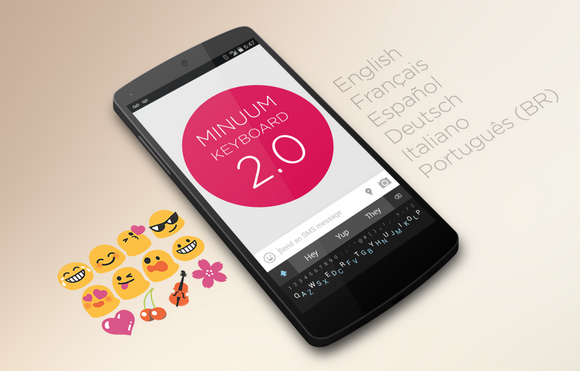
Will Walmsley, Whirlscape’s CEO, spoke with Daniel Bader of MobileSyrup. Here’s an excerpt from the article:
“We’re constantly testing out new features and improving the disambiguation algorithms,” says Will Walmsley, CEO and co-founder of the company he started at U of T’s Dynamic Graphics Project lab. The company raised $500,000 in seed funding earlier this year, and under the advisement of Y Combinator, began releasing often, trialling new features in what they call Bonus Panels, secondary functions that quickly allow users to change languages, add emojis and more.